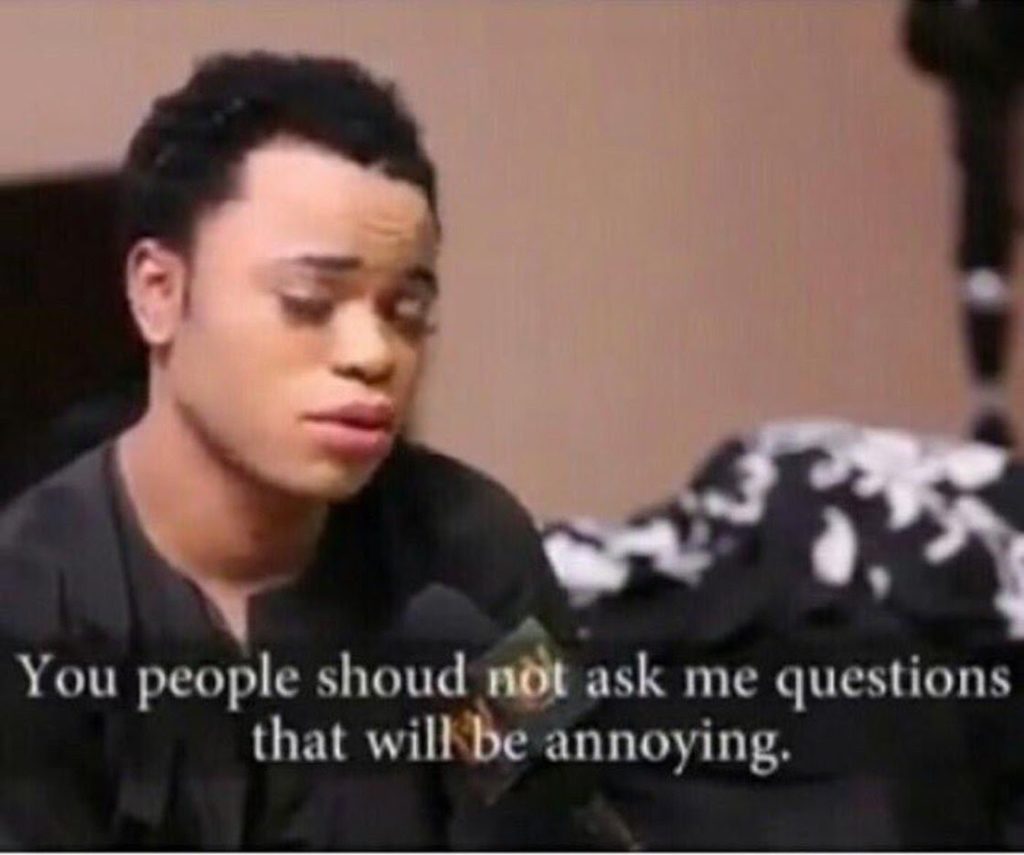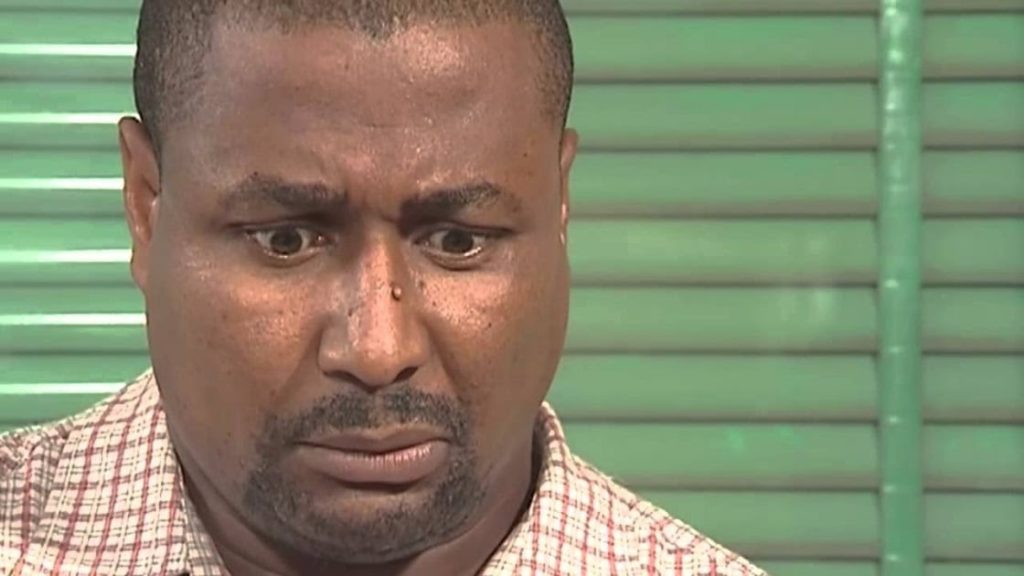This is Zikoko Citizen’s Game of Votes weekly dispatch that helps you dig into all the good, bad, and extremely bizarre stuff happening in Nigeria and why they’re important to you.
Subscribe now to get the newsletter in your email inbox at 8 am every Friday instead of three days later. Don’t be LASTMA.

I have a riddle for you: If a tree falls in the middle of the forest but there’s no one to tweet about it, did it really happen? If your answer was yes, then you don’t spend nearly enough time on social media — in which case, get a life, okay? If your answer was no, then social media means a lot to you and you probably want to sit down for this next part.
On September 26, 2022, two very important people signed a document called the “Code Of Practice For Interactive Computer Service Platforms/Internet Intermediaries”. The document’s title is deliberately boring and isn’t more appropriately named “Social Media Regulation Stuff” because that would get your attention and rightfully alarm you.

[Zikoko Memes]
One of the two people who signed the code was the Minister of Communications and Digital Economy, Isa Pantami. You may remember him as the high-ranking government official who kept his job even when everyone found out he openly supported terrorists when he was a naive 34-year-old boy.
The other signee was Kashifu Inuwa Abdullahi, the director general of the National Information Technology Development Agency (NITDA). There’s no evidence yet that he’s a terrorist sympathiser.
NITDA first floated a draft of the code back in June. And when everyone raised eyebrows about some of the shady stuff sprinkled all over it, the government said, “Hey, it’s just a draft, okay? We can dialogue and iron things out before it becomes law. Purr?” Well, the code is now law but little changed from what was initially drafted. So, what happened?

[Zikoko Memes]
It’s impossible to pick apart everything in the NITDA code, but the most worrying part is the burden it places on social media platforms to regulate content that “compromises the security or undermines the unity, or sovereignty of Nigeria or promotes the act of terrorism”. It also affects content that “instigates public disorder or interferes with an ongoing investigation”.
While both these things sound like decent propositions on paper, Nigerian legislation is where all good intentions go to die. The potential for the misapplication of these clauses is worrying especially since #EndSARS showed us how easy it is for the Nigerian government to brand anything as terrorism.
Can it be considered an incitement of public disorder if you call the president a fool or Lai Mohammed a liar? Does investigative journalism interfere with an ongoing investigation and run foul of this code? It’s a window too dangerous to just leave open.

[Zikoko Memes]
The code isn’t all evil and establishes laws that protect the interests of Nigerians in an increasingly volatile online jungle. But it also helps the Nigerian government sneak social media regulation through the backdoor after failing to get it through the National Assembly. It smells.
What else happened this week?
Election campaign funds don’t fall from heaven

[EFCC]
One of the most closely-guarded secrets in Nigeria — other than Buhari’s skincare routine — is how Nigerian politicians actually fund their election campaigns. This week, we found out one of the ways to run it is through 419. Allegedly.
On October 30, 2022, the Economic and Financial Crimes Commission (EFCC) arrested one Ismaila Yusuf Atumeyi with ₦326 million and $140,500 cash in Abuja. His name may not ring a bell now, but he could become a household name if he wins a seat in the Kogi State House of Assembly in 2023 as a candidate of the New Nigeria People’s Party (NNPP).
The EFCC is accusing Atumeyi’s suspected cyber fraud ring of hacking a commercial bank and carrying out a ₦1.4 billion heist that would make Lawrence Anini jealous. The ring laundered the loot through bureau de change (BDC) operators and bought some high-end cars. What’s to stop Atumeyi from using the proceeds to buy overpriced nomination forms for political office or run his campaign?

This guy is too camera-shy for a Nigerian politician [EFCC]
Transparency in Nigeria’s election campaign financing is quite rubbish and even the Independent National Electoral Commission (INEC) is tired of trying to enforce campaign finance laws. Without presuming his guilt, cases like Atumeyi’s reinforce why we should take transparency in campaign financing more seriously and clean up the system.
Should we start suspecting politicians who don’t beg the public for campaign funds? Because there’s sapa outside so where’s everyone seeing money to run campaigns running into billions of naira?
Have you seen this video?
Question of the week
If Meffy put you in charge of redesigning the naira banknotes to launch in December, what would you change?
Click here to tweet your answer to @ZikokoCitizen on Twitter.
Ehen, one more thing…
Buhari once again flew to London this week to play ludo with his doctors and free himself from the shackles of pretending to be a president for two weeks.
He won in life, but 200 million Nigerians are paying for it.




